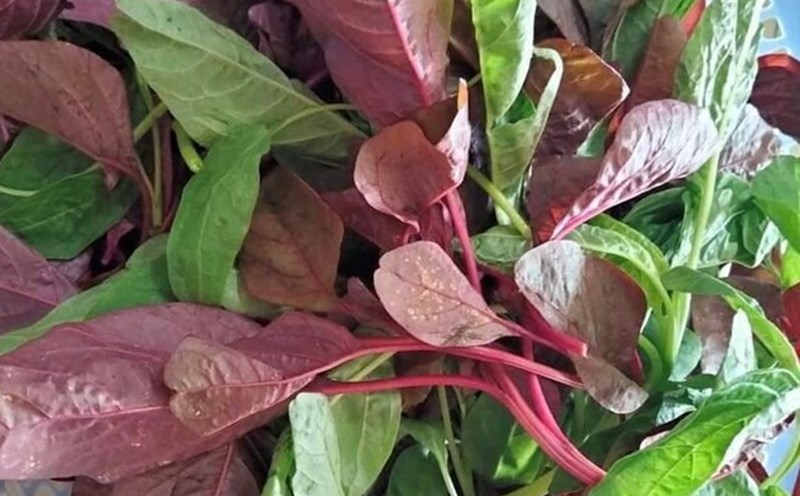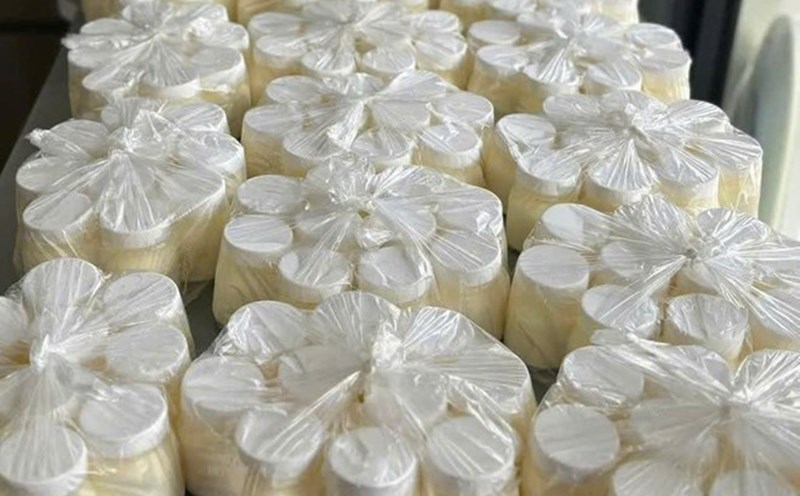Green oatmeal porridge
Oats provide beta-glucan, a soluble fiber that helps reduce cholesterol absorption in the intestine, thereby reducing the amount of cholesterol in gallbladder, a key factor in the formation of stones.
Green vegetables add folate, magnesium and antioxidants to help the liver and gallbladder work more smoothly.
Scientific evidence:
Research shows that: supplementing 25 grams of oats per day helps reduce 9-10% of total cholesterol, thereby reducing the risk of cholesterol gallstones.
People with gallstones should increase soluble fiber from whole grains and green leafy vegetables to support gallbladder function.
Cook oatmeal congee with water, add spinach or chopped Malabar spinach. You can add a little shredded boiled chicken breast to add lean, easy-to-dical protein.
Light pan-fried salmon
Salmon and fatty fish rich in omega‐3 fatty acids (EPA, DHA) help reduce triglycerides and fight inflammation. unsaturated fats in salmon also increase bile secretion, helping to thin the bile, preventing stone deposition.
According to the Journal of Hepatology, a diet rich in omega‐3 helps improve lipid levels in bile, reducing the formation of cholesterol crystals.
Eating fatty fish at least twice a week helps reduce the risk of gallstones and supports optimal liver and gallstones.
Prioritize pan-filling with a small amount of olive oil or steaming water. Steep, do not deep-fry to avoid saturated fat that increases gall cholesterol.
Green squash soup for shrimp
Pumpkin is high in water and fiber, which helps increase the secretion of bile secretions and purify the gall liver. Shrimp provides easy-to-digest protein and low in fat, suitable for people who need a snack, less stimulating excess gallbladder contractions.
A diet rich in low-energy vegetables and fruits helps reduce the risk of developing gallstones in overweight patients by 15%.
Increase foods rich in water and fiber such as squash to improve bile flow, limit cholesterol saturatation in honey.
Cook the shrimp peeled with a light broth, then add the thinly sliced squash, season to taste, without using spicy spices or a lot of fat.
Important nutritional notes for people with gallstones: Eat light, low in oil: Limit animal fat, fried foods.
Divide meals: Help secretions to be even, avoid stagnation.
Increase fiber, fresh fruits and vegetables: Helps reduce gall cholesterol.
Maintain a reasonable weight: Being overweight increases the risk of gallstones.











